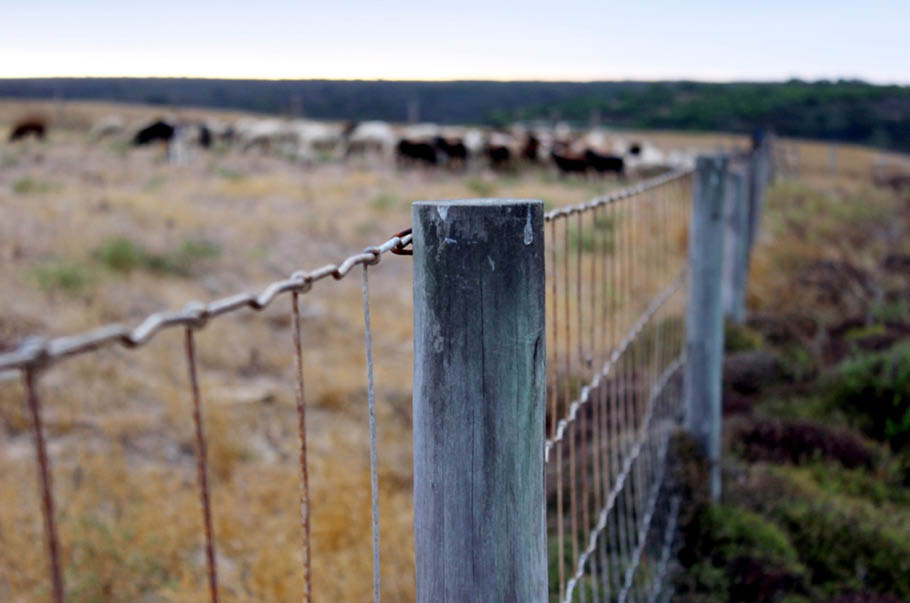„The situation on the beef market is unquestionably difficult today. We observe price drops reaching 15% and this is not related to the image crisis we had in January but to the difficult situation on the European market. We are among Europe’s largest beef exporters, 80% of our production is sent there, so when beef consumption in Europe is on the wane, we are hit most severely,” Jacek Zarzecki, the President of the Board of the Polish Union of Beef Cattle Breeders and Producers, tells the Newseria Biznes news agency.
The current difficult situation on the domestic beef market and the drop in prices are made worse by the closure of the Turkish market due to import quotas not being allocated. Last year, Turkey was the third-largest recipient of Polish beef, receiving 33,000 tons of meat, i.e. approx. 8% of domestic production. Another significant threat to Polish producers is the imminent Brexit that will bring the exports to the British market into question.
„The United Kingdom is one of our most important markets,” Jacek Zarzecki says. „When more than 80% of our production is scheduled for export, any fluctuations in the international market can cause a drop in prices in Poland. Additionally, we have the Mercosur agreement, raising some doubts concerning the direction we should produce for.”
The agreement between the European Union and the Mercosur (Common Southern Market) is to create the world’s largest free trade zone between the European market with approx. 500 million consumers and South American countries associated with the Mercosur (Brazil, Argentina, Paraguay and Uruguay). The latter will gain, among other things, significant facilitation of food exports to the EU market. Almost since the very beginning of the works, the Polish government has raised objections concerning the agreement, pointing out it might upset the balance of the European market and especially of farms.
„The position of the Polish government is quite clearly expressed; we are opposed to the agreement with Mercosur. We believe that agriculture – not just in Poland but throughout Europe, particularly the beef sector – has been traded in exchange for the big industries, pharmaceutical corporations and the automotive sector. We will not gain this agreement at all, it only spells losses to hundreds of thousands of Polish farms and several million farms in the EU. A bitter aftertaste can be felt while the outgoing European Commission is hastily completing the Mercosur agreement and leaves the successors with this hot potato. Therefore, as the beef sector, we fully support the activities of the Polish government in this regard,” says the President of the Polish Union of Beef Cattle Breeders and Producers.
He stresses that the reduced demand and the drop of prices on the domestic market, as well as stagnation on the European one, force beef producers to search for new outlets. However, the sector hopes that the situation will stabilize soon and the prices will revert to the level they had several months ago.
„We can already see that exports are lower by nearly twenty per cent year-on-year. With such beef consumption in Poland, there is nowhere to push the commodity out,” Jacek Zarzecki says. „It will not be easy to replace Polish beef on the European or Turkish market which I hope would set off again. However, we also have to find new markets to which we would be able to export.”
Beef consumption in Poland has been rising for three years. In 2015, it amounted to 1.2 kg per capita annually, while currently, it has already reached 3.4 kg. The reduced demand is mainly due to the drop in beef consumption in European countries, caused, among other things, by the fad for vegetarianism.
„Growth in Poland is considerable, whereas, on the European and global market, we can see a consumer trend of reducing beef consumption. I do not want to discuss whether it is a reasonable trend but it should be stressed that beef is a carrier of full protein, a natural fat burner, it prevents cancer,” claims Jacek Zarzecki.
He stresses that Polish beef is already capable of competing not just with its price – lower by approx. 11% than the prices on the European market – but also with its high quality.
„When we say that the excessive consumption of beef is unhealthy, we usually mean highly-processed beef. Polish beef is bred under natural conditions, extensively, so it is of very good quality, which makes it purchased so frequently in the European Union countries,” Jacek Zarzecki says.
Jacek Zarzecki
President of the Board, Polish Union of Beef Cattle Breeders and Producers
Source: Newseria.pl












